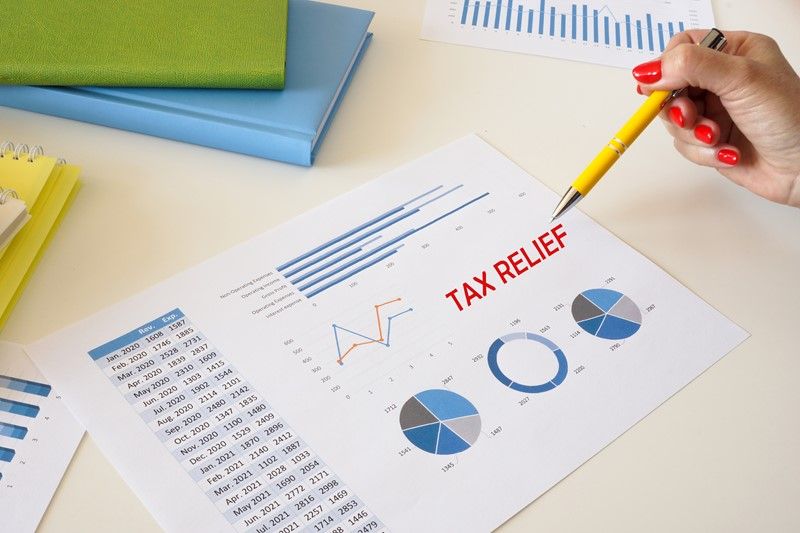Business Asset Disposal Relief rates from April 2025
Business Asset Disposal Relief (BADR) provides a reduced Capital Gains Tax (CGT) rate on the sale of a business, shares in a trading company, or an individual's interest in a trading partnership. This relief can still provide substantial tax savings for business owners exiting their businesses.
As part of the Autumn 2024 Budget measures, the CGT rate for BADR gains will increase from 6 April 2025. The new CGT rate is 14% (from 10%) for disposals made on or after that date. Furthermore, the rate is set to increase again to 18% for disposals made on or after 6 April 2026.
Where BADR applies to a disposal made on or after 6 April 2025 but before 6 April 2026, all or part of it is charged to CGT at a rate of 14%. Where BADR applies to disposals falling on or after 6 April 2026, the rate applying is 18%. There are anti-forestalling rules that apply to the changing rates.
The lifetime limit for claiming BADR is currently £1 million, allowing business owners to possibly qualify for the relief multiple times. In contrast, the lifetime limit for Investors’ Relief was reduced from £10 million to £1 million for qualifying disposals made on or after 30 October 2024. The CGT rates for Investors' Relief align with those of BADR.




